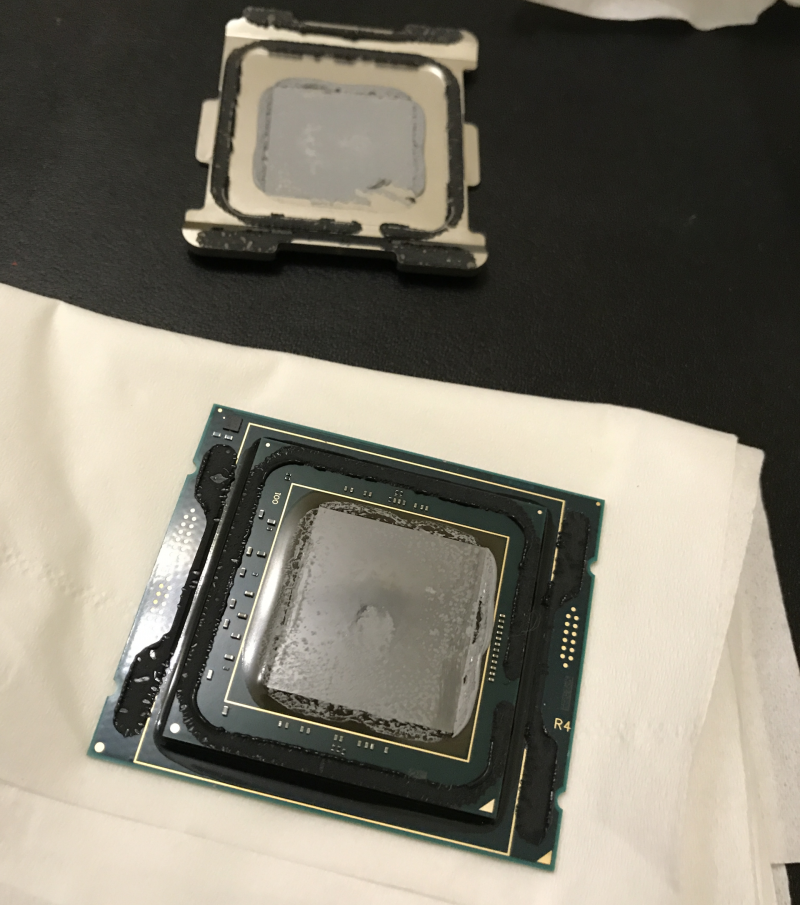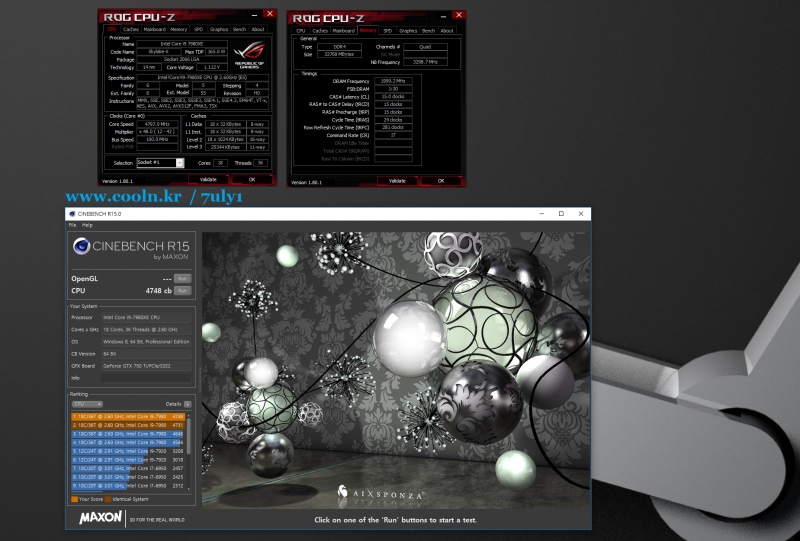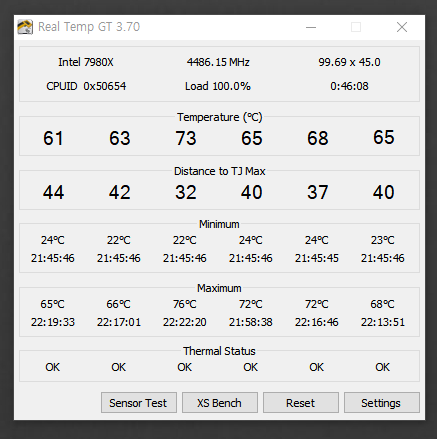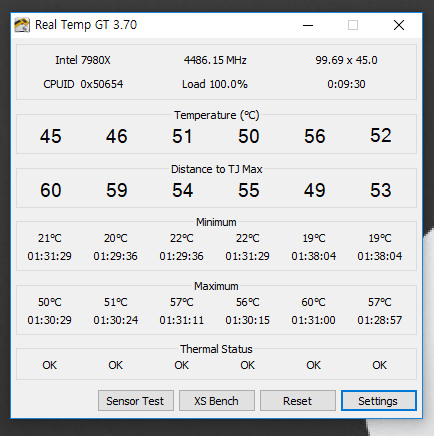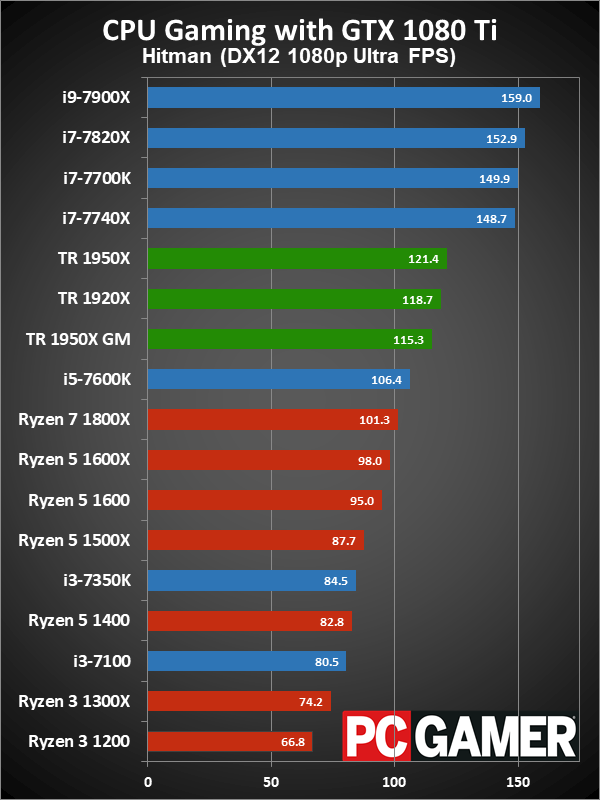Shintai
Supreme [H]ardness
- Joined
- Jul 1, 2016
- Messages
- 5,678
They don't have a remote warehouse.
Yes they do via the proxy of the distributor. If you have bought like this before you know. When they dont have it themselves they book it at the distributor and you get it on the date you expect.
I have bought MULTIPLE times this way and always got it on time.
Last edited:
![[H]ard|Forum](/styles/hardforum/xenforo/logo_dark.png)
